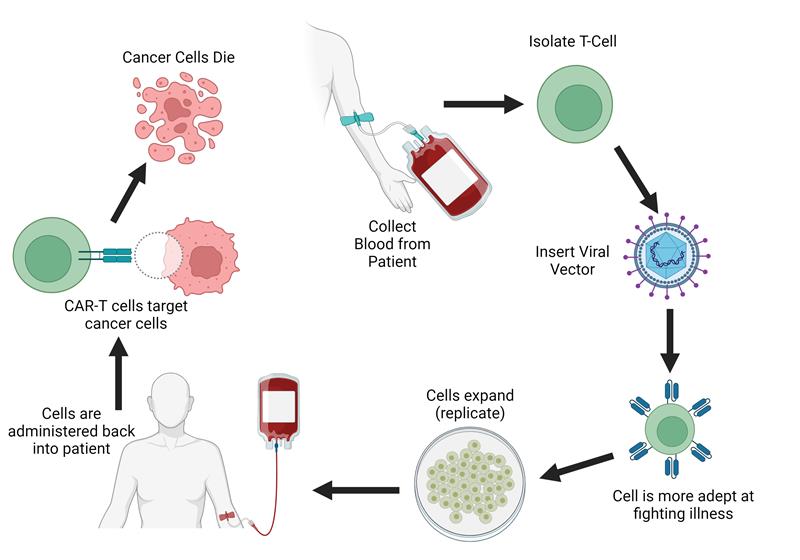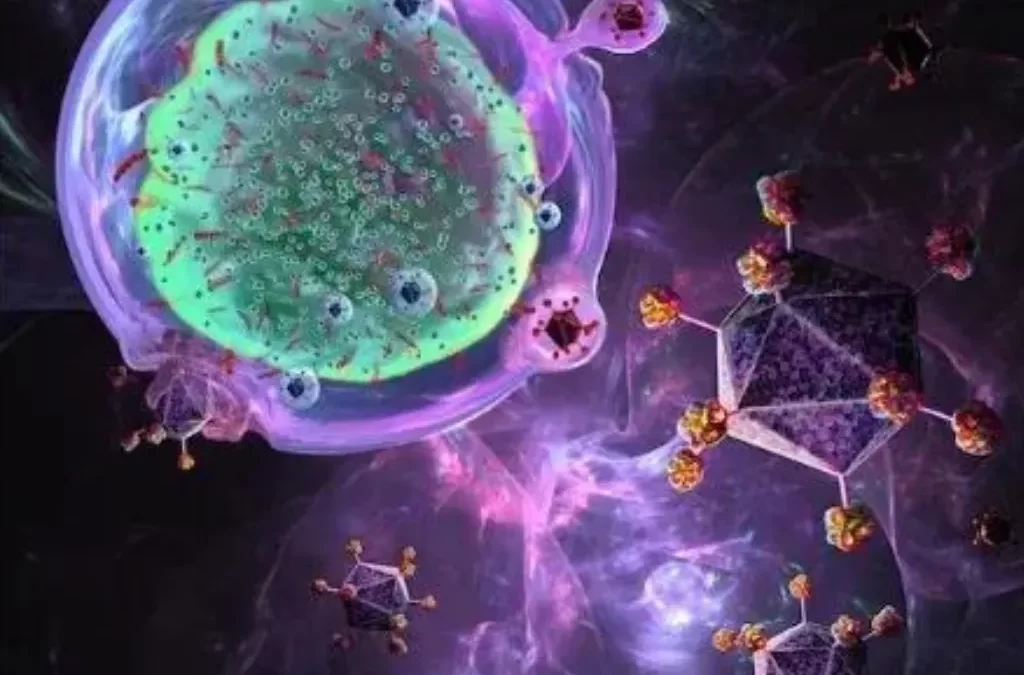In recent years, a remarkable revolution in cancer treatment has taken center stage, captivating the medical community and offering hope to millions of patients and their families. Chimeric Antigen Receptor T-cell therapy, commonly known as CAR-T therapy, has emerged as a game-changing approach in the fight against cancer.
This groundbreaking treatment has garnered significant attention and sparked a growing demand, as its success stories continue to inspire hope for previously incurable cancers.

CAR-T therapy is a form of immunotherapy that harnesses the patient’s immune system to target cancer cells. The process begins by collecting the patient’s T-cells, a type of white blood cell with a crucial role in the immune response. These T-cells are then genetically modified, introducing a chimeric antigen receptor (CAR) that enables them to identify and attack cancer cells more effectively.
The CAR receptor is designed to recognize specific antigens present on the surface of cancer cells, thus enabling the modified T-cells to seek out and destroy malignant cells throughout the body. Once infused back into the patient’s bloodstream, the enhanced T-cells unleash their full potential, leading to a powerful and targeted attack against cancer.
The efficacy of CAR-T therapy has been astonishing, particularly in treating certain types of blood cancers. In some cases, patients who have exhausted all other treatment options have experienced remarkable remissions and even achieved complete cures through CAR-T therapy.
With the growing interested in CAR-T therapies amongst other therapies, demand is becoming hard to manage which leads to increased difficulties to get patients these life-saving therapies.
While the demand for CAR-T therapy is growing, challenges remain, including accessibility and affordability. The complex and expensive nature of this treatment poses barriers for some patients, limiting its availability in certain regions and healthcare systems.
However, ongoing efforts are being made to address these challenges, and bringing automated equipment to drug manufacturers have started to make CAR-T therapy more accessible to a wider patient population by decreasing the burden to manufacture these therapies.
The surge in demand for CAR-T therapy reflects the hope it has instilled in patients and the medical community. This transformative approach has the potential to revolutionize cancer treatment and represents a significant step forward in the fight against cancer.
Technological advancements are necessary to match the increasing demand that faces the market. At Xiogenix, we are working to do just that, push the boundaries of automation technology within the cell and gene therapy space to ensure patients get the treatments they need.
Through this, we can play a role in bringing new hope and possibilities to patients around the world and offer a brighter future in the battle against cancer.
Contact us to learn more about how we are contributing to the success of CAR-T Therapy


